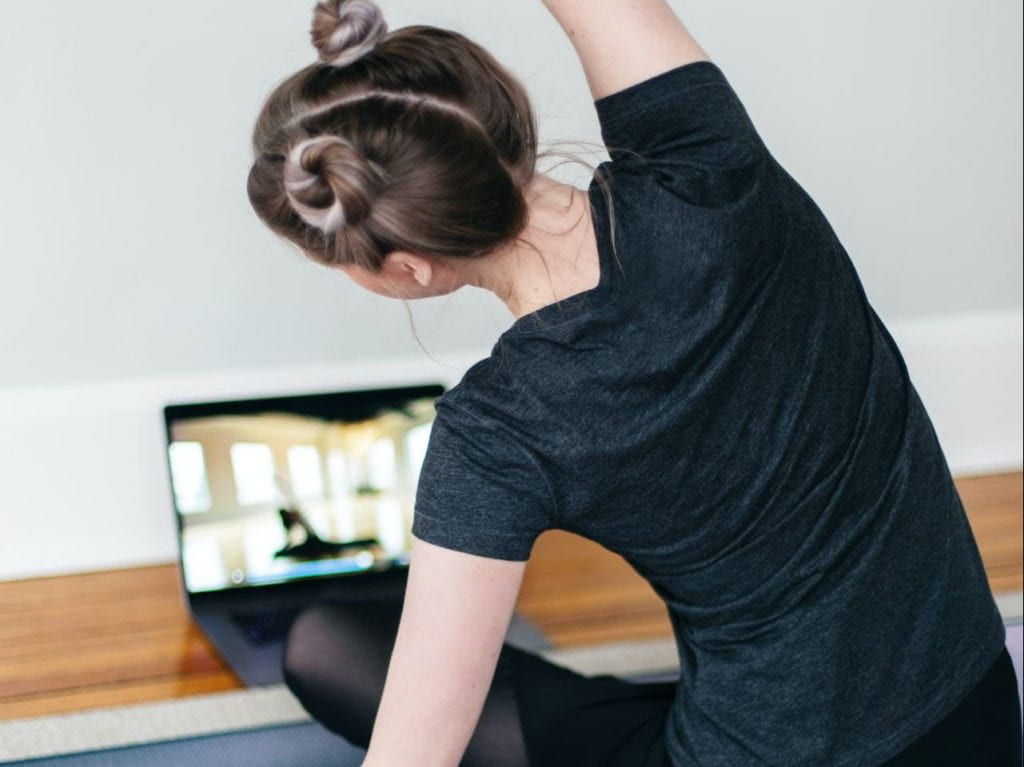By Erika Verellen
Modern adults live fast-paced lives. To accomplish everything, we are always going, going, going. As such, young adults and specifically, college students, don’t take time to care for themselves. We have dozens of tasks to complete that we often forgo lunch or skip sleep in order to scratch off another task on our never-ending checklist. However, a good number of us will experience severe burnout if we don’t take care of ourselves mentally and physically.
According to a 2021 Pew Research study, 45% of individuals under 30 years old described being “nervous, anxious or on edge” at least “occasionally or a moderate amount of time” in the past week. While these mental health issues are common, they should not be ignored. If unchecked, these problems could spiral into larger health problems.
A 2017 Time article explains the scientific link between psychological and physical symptoms among patients. It notes one study that found that psoriasis patients diagnosed with depression were 37% more likely to develop psoriatic arthritis. What seem to be unrelated health problems, when occurring simultaneously, can result in worsened symptoms or new ailments. Other studies associate depression to an increased risk of other diseases including stroke, diabetes and rheumatoid arthritis.
It is imperative that we care for our mental well-being like we care for our physical health. Some view this interconnection as a holistic approach to health. Traditionally, Western medicine is based on reactive care and primarily treats symptoms of health issues. While effective, there are downfalls to this approach. For example, health issues may last longer than usual because root-causes are never addressed.
Luckily, there is a non-medical strategy that can help make up for some of these shortcomings, and it does not even require any copays.
The answer is yoga. Yes, I’m talking about meditation and difficult poses.
While yoga may not cure your diabetes or depression, it can help to improve and lessen their impact by bolstering your mental and physical wellbeing. A 2021 Harvard Health Publishing piece describes how many yogis see substantial benefits, such as a better body image and more mindfulness when confronted with food as a result of becoming more in tune with their bodies.
Other reported mental benefits include improved emotional health, sleep and balance. Furthermore, this does not even include the physical benefits of yoga, which include weight loss, improved strength, endurance and flexibility, as well as various cardiovascular and stress-relieving benefits. Many yogis have even reported relief from chronic ailments and severe menopause symptoms.
One major objection people have is that they’re unable to make time to include yoga into their busy schedules, which I can relate to. Between classes, homework and my job, I feel as if I have no time to myself. Whenever I have an ounce of free time, I want to spend it binge-watching a good TV series.
Forfeiting those precious moments to instead do something that made me both sweaty and look goofy may seem like the last thing I would want to do. However, I keep doing yoga not because I absolutely love it, but because it’s good for me.
I would encourage anyone who feels this way to try and approach yoga with the same mindset. After all, what’s 10 minutes of huffing and puffing when compared to a lifetime of healthy living? Given all of these benefits with no cost other than some time and sweat, why not? You should practice yoga!
Here are three easy ways to get started:
Yoga With Adriene – free YouTube videos for all levels
Top 8 Yoga Apps for 2022 by very well fit
